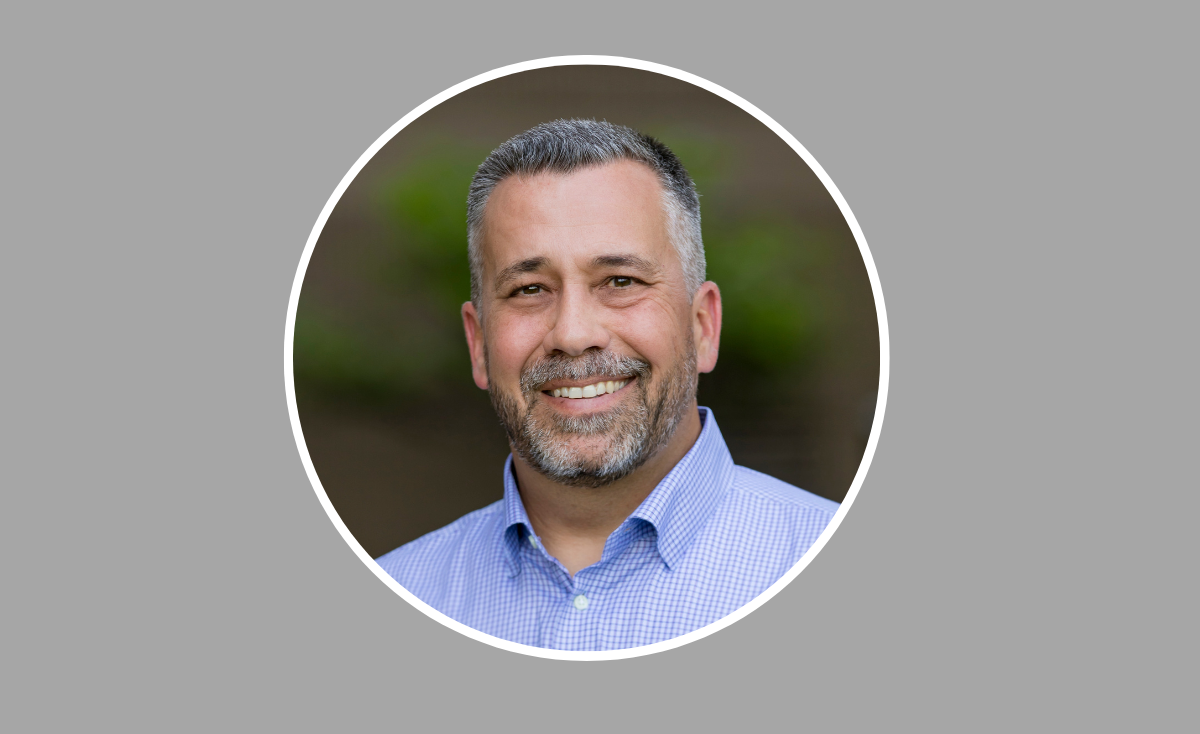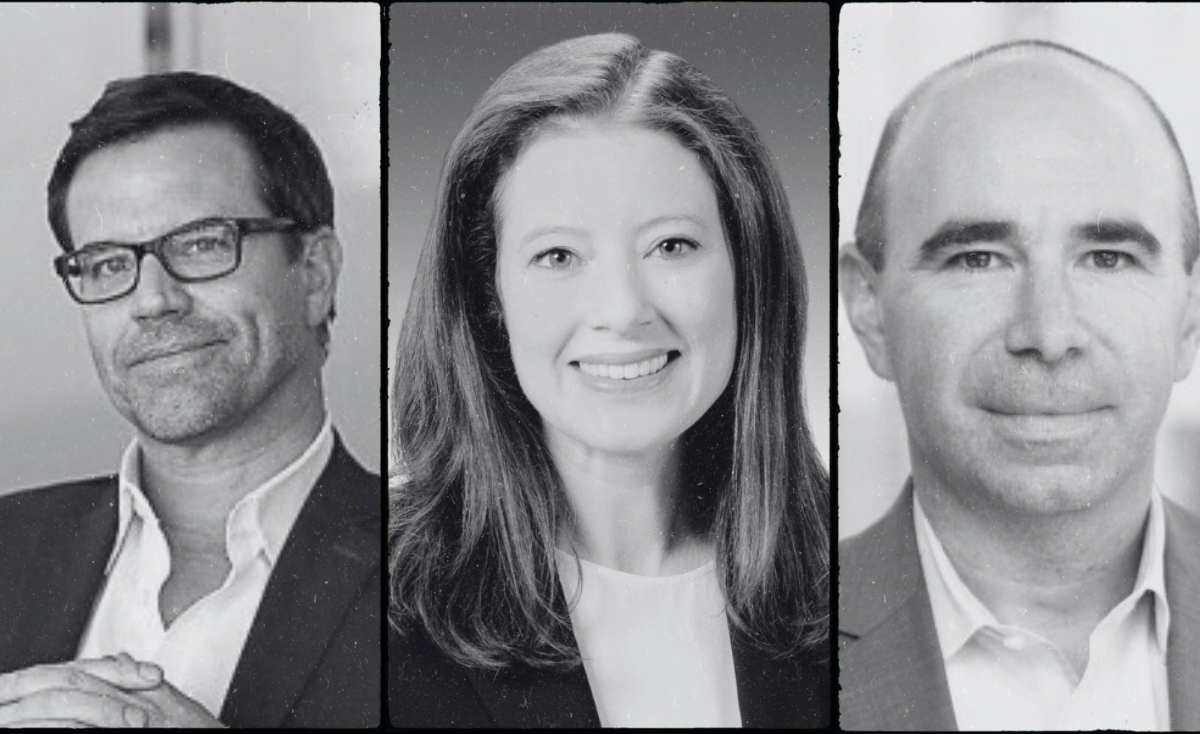 Arif Saad, Head of Investment Strategy UK, Kempen Capital Management.
Arif Saad, Head of Investment Strategy UK, Kempen Capital Management.
Arif Saad is speaking at Private Markets Investor | Europe 2023 in London in March. Please click here to see more details of the agenda and how to register.
Andrew Putwain: What are the big external drivers that investors are experiencing currently/going into 2023?
Arif Saad: The key discussion in markets at present is on recession risk and the extent this will have on the various global economies. With central banks increasing rates to counter inflation, will they be able to create the much-vaunted and oft-discussed “soft landing”?
"Rising populism, uncertainty around globalisation and a multi-polar world are only a few factors that could impact investors over 2023."
The effect of higher interest rates was felt in growth assets in 2022 through the discount factor, but 2023 is likely to be the year where the higher hurdle for growth assets to overcome will cause further pain for investor returns.
In addition, the geopolitical risk remains an uncertainty that could derail investment portfolios. Rising populism, uncertainty around globalisation and a multi-polar world are only a few factors that could impact investors over 2023. The war between Russia and Ukraine illustrates what appeared to be a tail risk can have on global economies and investment portfolios.
Andrew: What are some of the steps you would recommend to insulate portfolios from this?
Arif: Firstly, diversification remains central to portfolio construction. Many commentators have discussed how 2022 was the year when diversification hurt – both equities and bonds delivering negative returns, but diversification remains the bedrock of constructing robust portfolios.
Diversification can be viewed through different lenses – risk premia, return drivers, geography, and currency, to name a few, and we will be ensuring we consider all of these when looking to insulate portfolios for clients.
One point we consider specifically is how we are in a different regime now. The return of the risk-free rate has increased considerably, and this has an impact on the asset classes you consider when you aim to deliver the investment objective. Private market assets will continue to play a central part, but investors, particularly those in the UK who experienced the Gilt crisis, will need to be mindful of liquidity risk.
"Growth and technology in particular having benefited from low interest rates and accommodative policies for the past decade, suffered over 2022."
Andrew: In more detail, how would you recommend working to insulate portfolios from shocks to do with inflation?
Arif: Inflation continues to be a key risk for those aiming to deliver real returns, even with on-going commentary that inflation has “peaked”. Allocating to inflation-sensitive assets will continue to be key across the risk spectrum. Whether that is inflation-linked bonds, commodities, or private market assets which aim to deliver inflation plus returns.
Looking specifically at equities, the past five years have been turbulent as styles and sectors have gone in and out of favour. Growth and technology in particular having benefited from low interest rates and accommodative policies for the past decade, suffered over 2022.
In 2023 investors could choose to focus on companies that outperform in high-inflation environments, for example, oil and gas companies, however, investors need to be aware of the ESG risks that are associated with these types of companies.
"Defined Contribution pension schemes are the latest investor who would like to access the benefits of a long-term and stable asset class."
Andrew: Can you discuss fee pressures and the trends you’re seeing there as well as what you would recommend to protect investments?
Arif: Fees continue to be sensitive for clients and the downward trend, particularly for liquid asset classes has been seen over the past decade. For private markets, investing in the asset class has become more widely accepted by a range of different investors.
Defined Contribution pension schemes are the latest investor who would like to access the benefits of a long-term and stable asset class. This has left private market investors with “dry powder” whilst searching for compelling opportunities to invest in.
Arif Saad is speaking at Private Markets Investor | Europe 2023 in London in March. Please click here to see more details of the agenda and how to register.
Please Sign In or Register to leave a Comment.
SUBSCRIBE
Get the recent popular stories straight into your inbox







